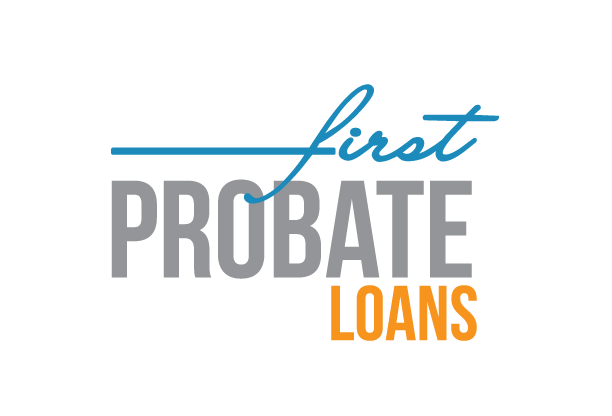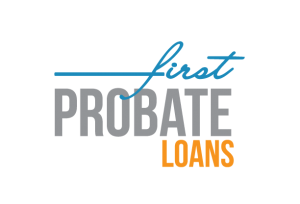Paying off a Reverse Mortgage
In my business of arranging loans to trusts and estates, I pay off a significant number of reverse mortgages. As more seniors turn to reverse mortgages, surviving spouses or adult children become overwhelmed when one or both of their parents eventually dies.
When a reverse mortgage borrower dies, the loan becomes due and payable; and, if adequate and quick communication to the reverse mortgage company is not made, the property will go into foreclosure and additional fees added. Beneficiaries of trusts and estates, and intestate heirs, frequently call me when they want to keep the family home and prevent a trustee sale or foreclosure proceeding.
Here are a few practical tips:
- Please call me as soon as the reverse mortgage borrower passes. The longer it takes to payoff the reverse mortgage lender, the more additional fees will be added.
- A reverse mortgage servicer uses a number of resources to find out when a borrower dies, including the Social Security death index, proprietary databases and annual occupancy letters. Once the servicer discovers the borrower has died (or vacated the property for a nursing home), the servicer sends out a letter intended to inform the heirs of the rules of the loan and ascertain their intentions for the loan and the property.
- Alternatively, if the reverse mortgage borrower was married, the surviving spouse might be able to remain in the home even if he or she wasn’t a co-borrower (please look at HUD’s New Guidelines for Non-Borrowing Spouses).
- According to HUD guidelines: If the property is underwater the heirs may purchase the property directly from the lender at 95% of the appraised value. The borrower’s personal belongings and furnishings can be removed. Fixtures, as defined by state law, can’t.
- If there are tenants in the property after the borrower passes away, it’s fraud (according to HUD guidelines) because the loan became payable when the last owner vacated the premises.


No Comments